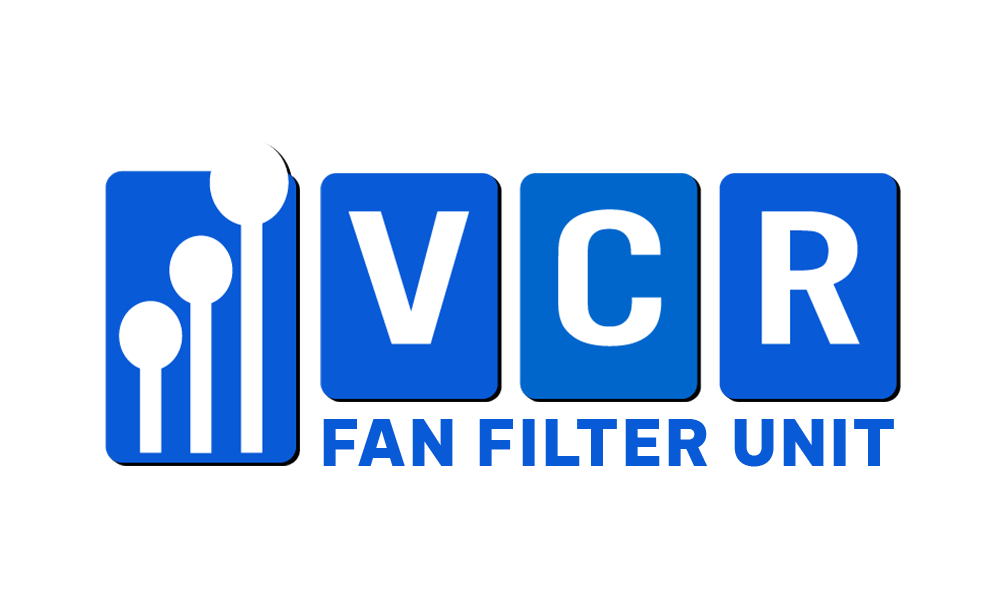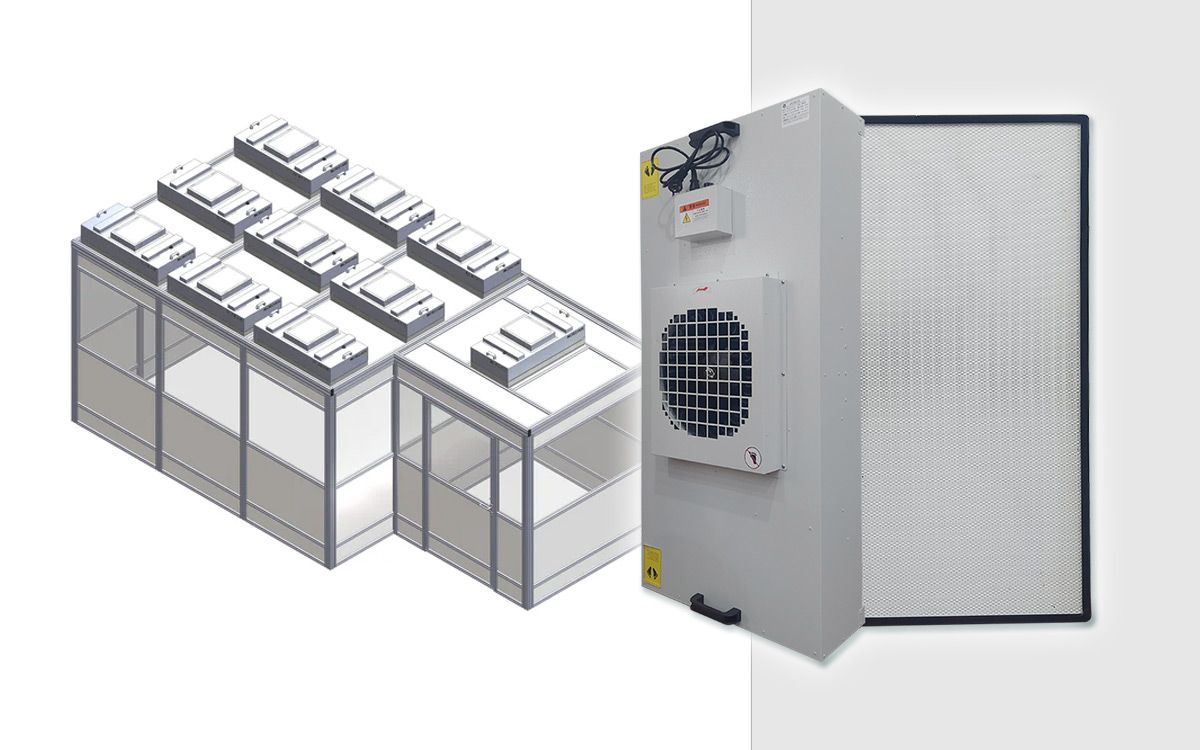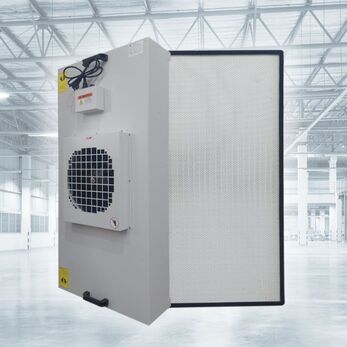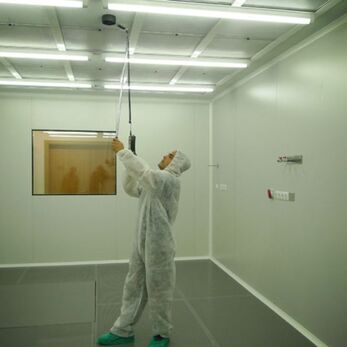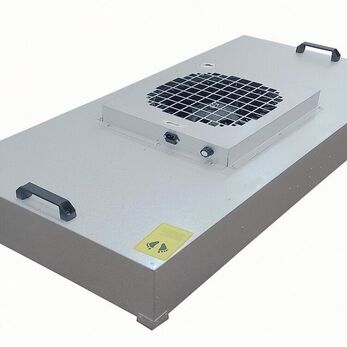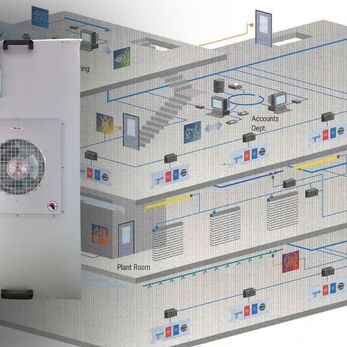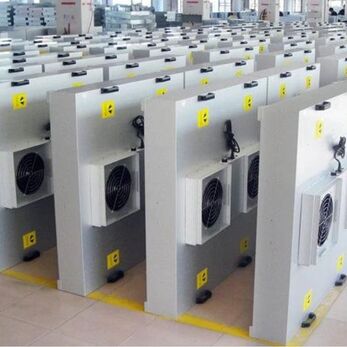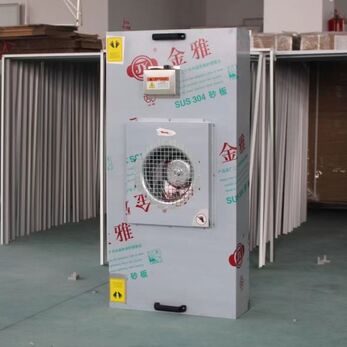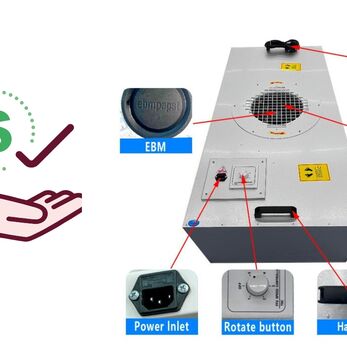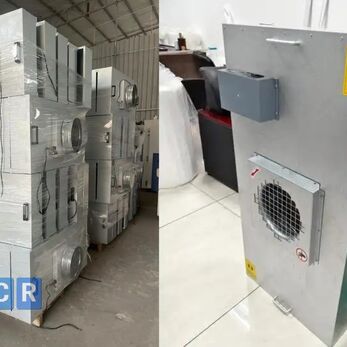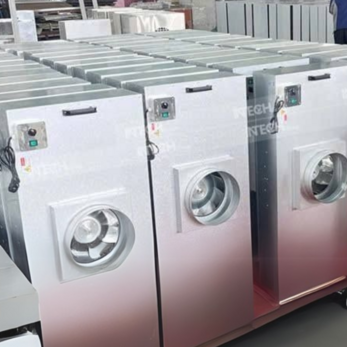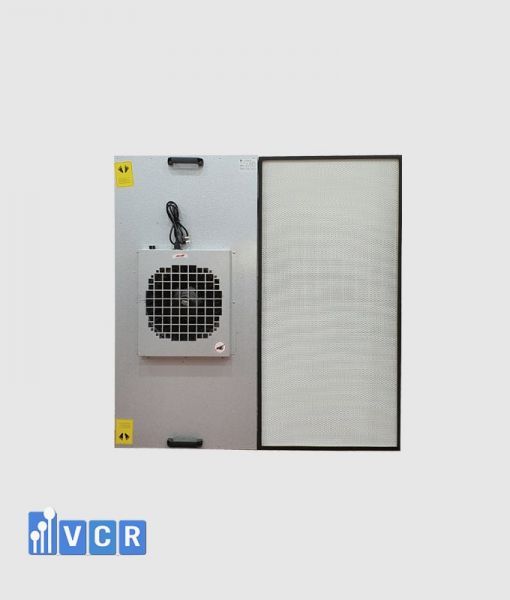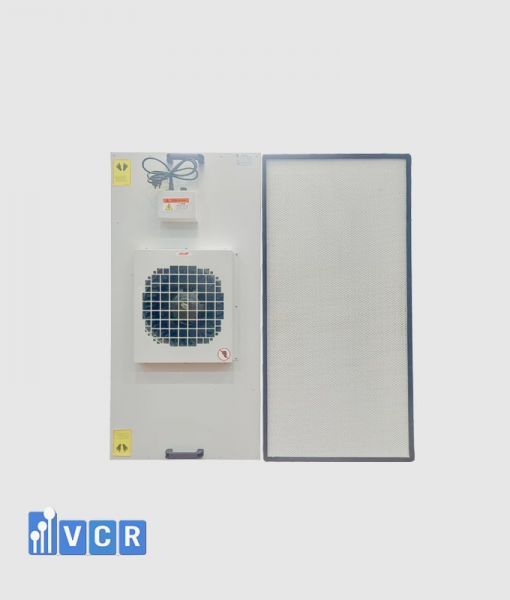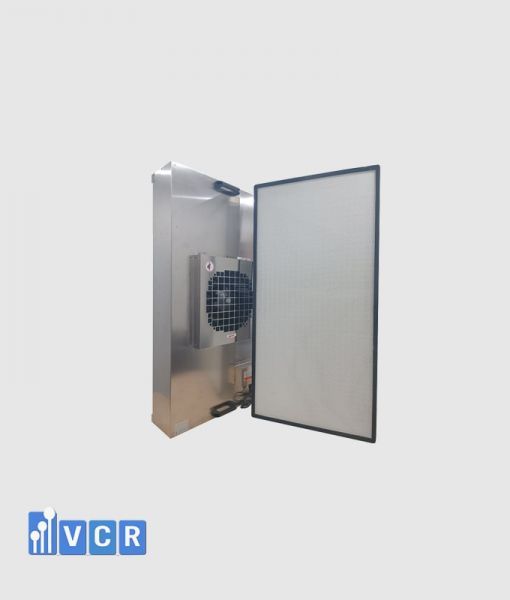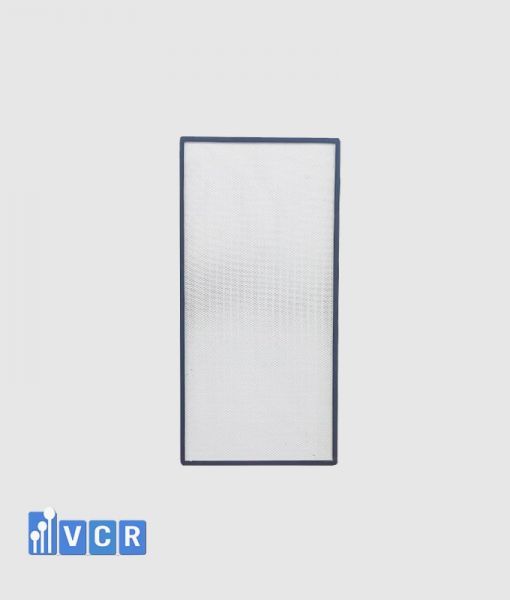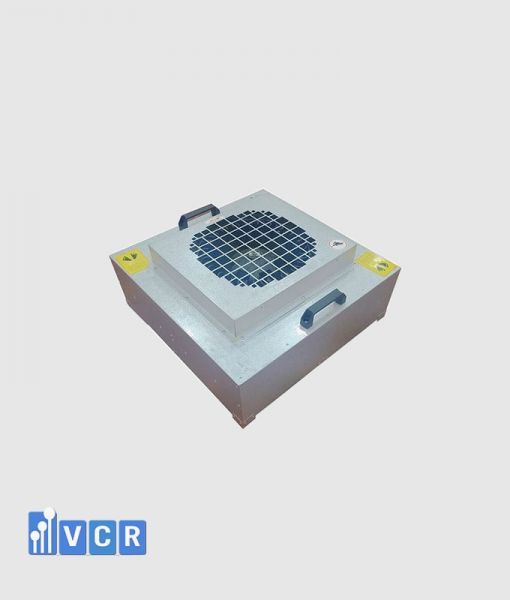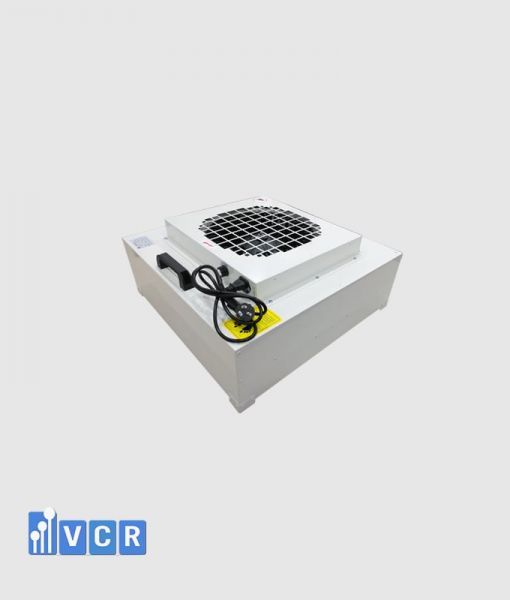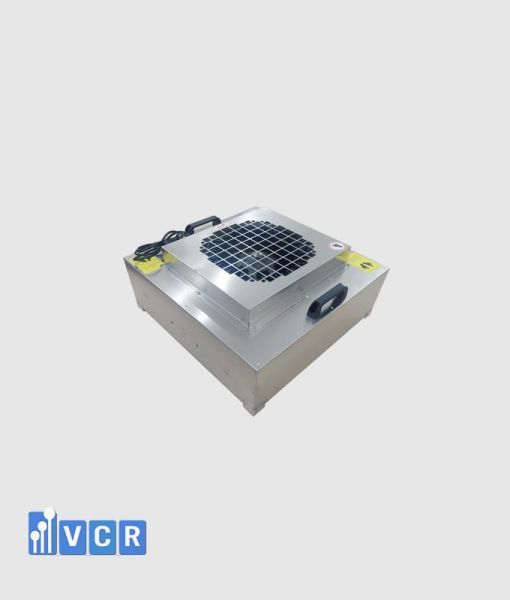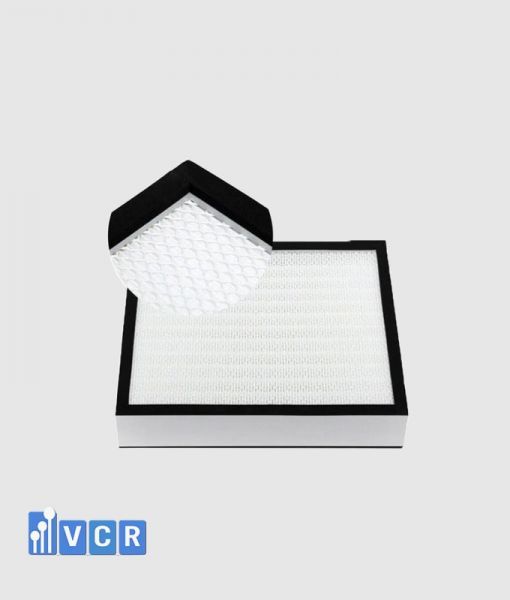Fan Filter Units (FFUs) are indispensable components in cleanrooms across various industries like semiconductors, pharmaceuticals, food manufacturing, and hospitals. Their primary function is to provide and maintain a pristine air environment crucial for sensitive processes and products.
Summaries
So, Why do we need fan filter unit for cleanroom? Here's an in-depth look at their significance:
FFU for Clean Air Delivery
- FFU utilize HEPA filters to capture and remove harmful contaminants like dust, particles, and microorganisms from the air.
- The filtered air is then expelled uniformly across the entire surface at a controlled wind speed, typically around 0.45 m/s (0.9 mph).
- This consistent airflow distribution creates a positive pressure environment within the cleanroom, preventing the infiltration of airborne contaminants.
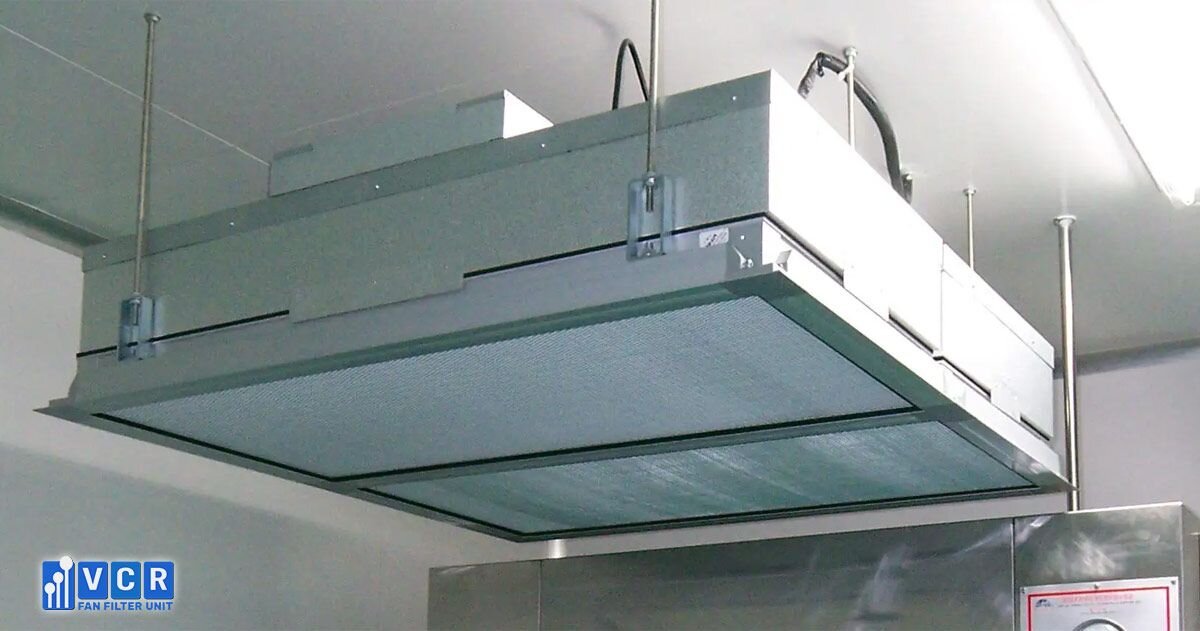
See more: When is a Fan Filter Unit Necessary for a Clean Room
Benefits and Applications of Fan Filter Unit
- Improved Cleanliness: FFUs effectively enhance the overall cleanliness level of the cleanroom, meeting stringent air quality standards.
- Noise Reduction: Compared to traditional cleanroom air handling systems, FFUs operate at significantly lower noise levels, minimizing disruptions and creating a more comfortable working environment.
- Cost-Effectiveness: FFUs offer lower installation and maintenance costs compared to larger centralized air handling systems. Additionally, their modular design allows for flexible installation and scalability based on specific cleanroom needs.
- Ease of Use: FFUs are lightweight and easy to install, even in existing cleanrooms. Their modular design allows for individual unit control and replacement, simplifying maintenance procedures.
- Versatility: FFUs are widely used in various cleanroom applications, including clean benches, clean lines, clean wardrobes, prefabricated cleanrooms, and even integrated within specific equipment requiring localized air filtration.
See more: Advantages of FFU Systems
Technical Considerations to choose FFU
- HEPA Filter Performance: The initial resistance of HEPA filters in FFUs typically ranges from 120-150 Pa. This creates a differential pressure (pressure difference between clean and contaminated air) of around 100 Pa at an air velocity of 0.35 m/s (0.7 mph). With an air velocity of 0.45 m/s, the external residual pressure increases to 60 Pa or more, effectively overcoming resistance in the air circulation path.
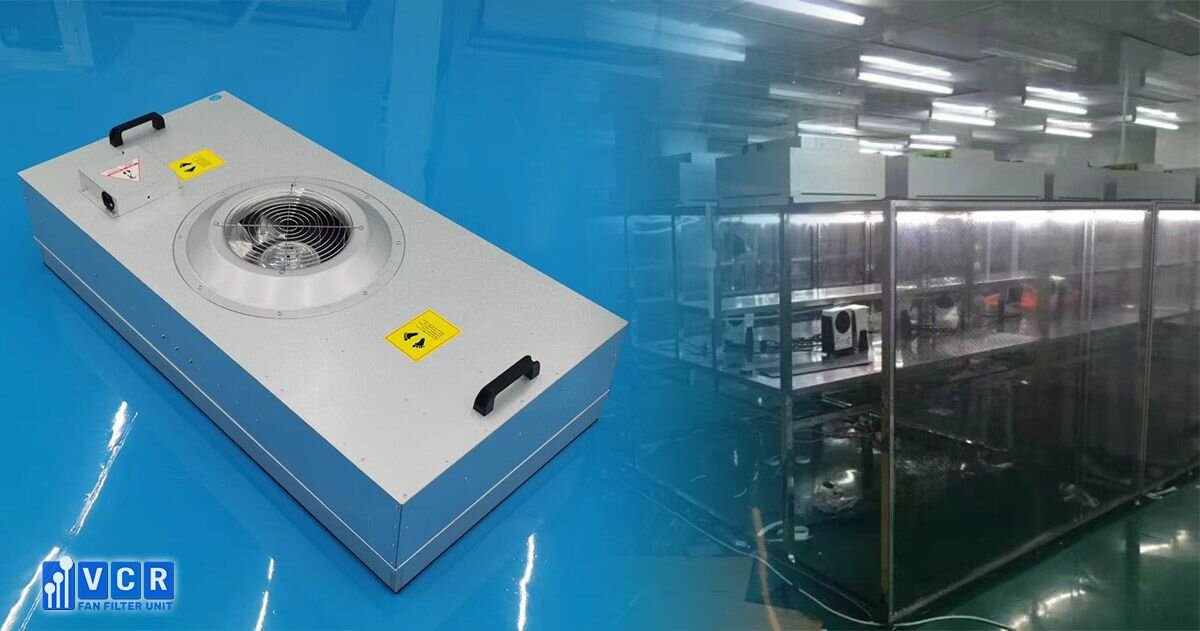
See more: Fan Filter Unit Specifications
- Noise Levels: Generally, the sound pressure level of FFUs falls between 57 dB and 59 dB, with the standard noise being 54 dB(A). This ensures minimal noise interference in the cleanroom environment.
- Energy Consumption: Energy consumption varies between FFU models, typically ranging from 160-180 W. Certain brands might have higher energy consumption reaching 350 W, highlighting the importance of considering energy efficiency during selection.
By understanding the key principles and benefits of FFUs, cleanroom owners and operators can make informed decisions to optimize air quality and ensure a safe, controlled environment for their specific needs.


